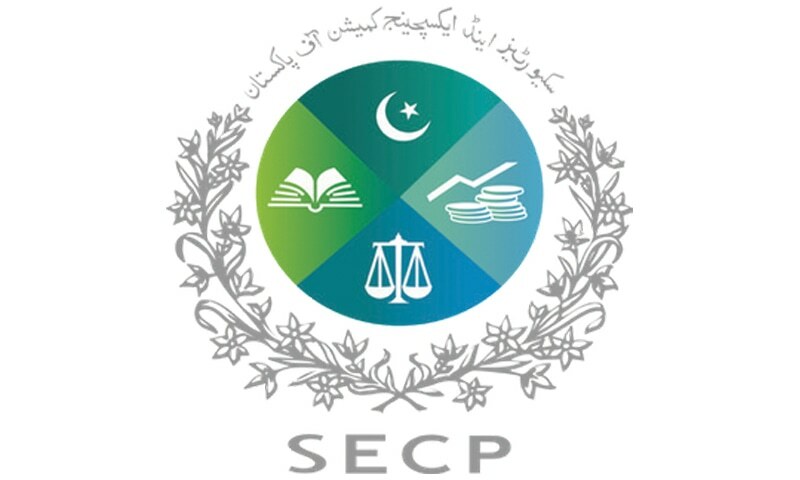Strategies for Efficient Management of Corporate Legal Requirements
Introduction
In today’s complex business environment, managing corporate legal requirements is a challenging but essential aspect of operations. Failure to comply can lead to severe legal and financial repercussions. This article explores effective strategies for efficiently managing corporate legal requirements, focusing on key areas like regulatory compliance, contract management, risk assessment, and leveraging technology.
Understanding Corporate Legal Requirements
Corporate legal requirements encompass a broad range of obligations that businesses must adhere to. These include compliance with local, national, and international laws, regulations in finance, labor, environmental standards, data protection, and industry-specific guidelines. Staying updated with these ever-evolving requirements is crucial for any business.
Establishing a Robust Compliance Framework
The first step in managing legal requirements is establishing a comprehensive compliance framework. This involves:
Identifying Relevant Regulations:
Understand the legal landscape relevant to your business, including industry-specific laws and international regulations if you operate globally.
Developing Policies and Procedures:
Create clear policies and procedures that align with these legal requirements. Ensure these are accessible and understood across the organization.
Regular Training and Education:
Conduct regular training sessions to educate employees about legal obligations and the importance of compliance.
Effective Contract Management
Contracts are central to business operations, and managing them efficiently is key:
Centralized Contract Repository:
Implement a system for storing all contracts in a single, accessible location. This helps in tracking and managing contracts effectively.
Standardization of Contracts:
Develop standard templates for frequently used contracts to save time and reduce errors.
Regular Review and Audits:
Regularly review and audit contracts to ensure compliance with current laws and internal policies.
Proactive Risk Assessment and Mitigation
Identifying and mitigating legal risks before they become issues is vital:
Risk Identification:
Conduct regular risk assessments to identify potential legal issues.
Mitigation Strategies:
Develop strategies to mitigate identified risks, such as revising policies, enhancing security measures, or obtaining additional insurance coverage.
Continuous Monitoring:
Implement a system for ongoing monitoring of legal risks.
Leveraging Technology for Compliance Management
Technology plays a crucial role in managing legal requirements efficiently:
Compliance Management Software:
Utilize software that helps track compliance with various legal requirements, sends alerts for regulatory changes, and assists in reporting.
Document Management Systems:
Implement systems to manage legal documents efficiently, ensuring quick access and better organization.
Data Analytics Tools:
Use data analytics to identify patterns, predict potential legal issues, and make informed decisions.
Engaging with Legal Experts
Consulting with legal experts ensures you are on the right track:
Regular Consultation:
Regular consultations with legal experts can provide insights into complex legal matters and help in staying compliant.
Outsourcing Complex Legal Work:
Outsource complex legal tasks to specialized firms or consultants to ensure expert handling.
Building a Culture of Compliance
Foster a culture where compliance is a priority:
Leadership Commitment:
Ensure that the leadership demonstrates a commitment to legal compliance.
Employee Engagement:
Engage employees at all levels in compliance efforts. Encourage reporting of non-compliance without fear of reprisal.
Reward Compliance:
Recognize and reward compliance efforts and achievements within the organization.
Continuous Improvement and Adaptation
The legal landscape is dynamic, and businesses must adapt continuously:
Feedback Mechanisms:
Implement feedback mechanisms to understand the effectiveness of legal management strategies.
Adaptation to Changes:
Be prepared to adapt policies and procedures in response to changes in the legal environment.
Regular Review and Updating:
Regularly review and update compliance strategies to ensure they remain effective and relevant.
Conclusion
Efficiently managing corporate legal requirements is not a one-time task but an ongoing process. By establishing a robust compliance framework, managing contracts effectively, conducting proactive risk assessments, leveraging technology, consulting legal experts, fostering a culture of compliance, and continuously improving and adapting, businesses can navigate the complex legal landscape effectively. These strategies not only help in avoiding legal pitfalls but also contribute to the sustainable growth and reputation of the business.




